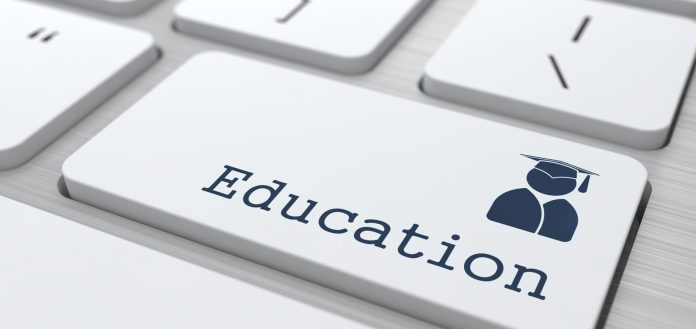In this article, RAJAN S who is currently pursuing M.A. IN BUSINESS LAWS, from NUJS, Kolkata, discusses Education Sector in India, a legal perspective, and analysis.
Education Sector in India – Legal Perspective and Analysis
Providing quality Education to people is the most vital contribution towards Nation growth and also it will lay a strong foundation of good citizenship. Government shall analyse the Global Trend time to time and provide the appropriate knowledge to people with skills through systematic schooling and training for work.
In India Education has a rich and thought provoking history. In the ancient days, knowledge was orally taught by sages to scholars. In this system knowledge and skill was imparted from one generation to the other. Later, the Gurukul system was followed in which all section of children in society were studied ranging from princes of states to their subjects. Over the day, after British rule, the education system in India has been westernised. In 18th century school education flourished in India which taught subjects like literature, art, philosophy, logic, architecture, astronomy, law and medicine.
In early 1950s, promoting the school education among Indian citizen was big challenge to government, parents were happy to send their children for work due to their family poverty. Very few rich parents were sending their children to school. In order to promote the education, government has introduced lot of schemes such as free education, education with free lunch, scholarships, reservation to encourage the minority communities & lower caste people, scholarships for first graduate in a family etc.
In India, education system has two major divisions of core and non-core business. Schools and higher education are core division, whereas pre-schools, vocational training and coaching classes are non-core business.
Like other country, Indian education system has stages like Nursery, Primary, Secondary, Higher Secondary, Graduation, and Post-Graduation. The basic reading and writing skills are taught in Nursery, tactics and enhanced level of reading and writing skills through organized classes from one to five. The age category of children for this stage is from six to eleven. Likewise, in secondary school enhanced level of language, mathematics, and basic science will be taught for the children age between eleven and fifteen, progressively in the classes from six to ten.
The Higher secondary school is vital for the child age between sixteen and eighteen and it provides specialized education in different streams a child may want to pursue further in graduation.
Indian Constitution and the Right to Education
Indian Constitution provides fundamental right to education under Article 21A for Indian citizen. While Right to education was previously recognized by United Nations and Universal Declaration of Human Rights.
Article 46 promotes the education and economic interests of Scheduled Castes, Scheduled Tribes and other weaker sections, it also protects them from social injustice and forms of exploitation. Other Articles such as 330, 332, 335, 338 to 342 and entire 5th and 6th schedules has special provisions to ensure the implementation of aforesaid Article 46.
The International Covenant on Economic, Social and Cultural Rights has recognized the Right to Education under Article 136. India is committed to implement the said covenant during the General Conference on 14 December 1960. Through this covenant the role of the international organizations are not just stopping at conducting conference and preparing the documents, the implementation process of the said covenant also includes operational programmes, guaranteeing access to education of women, minorities, migrants, refugees, indigenous people and handicaps.
Indian constitution places the education as a coexisting responsibility of both the Centre and the State. The Centre is responsible for the standard of higher and technical education, whereas the state is responsible for school education.
Indian constitution under article 19 (1)(g) settled its position very clear that, the activity of running and/or establishing an education institution cannot be treated as “trade” or “commerce”. In case of Institute yields surplus amount after its expenditure under educational purposes, such surplus cannot be considered as a profit from the educational institution and the same shall not be used for any other purpose.
 Serato DJ Crack 2025Serato DJ PRO Crack
Serato DJ Crack 2025Serato DJ PRO Crack








 Allow notifications
Allow notifications


